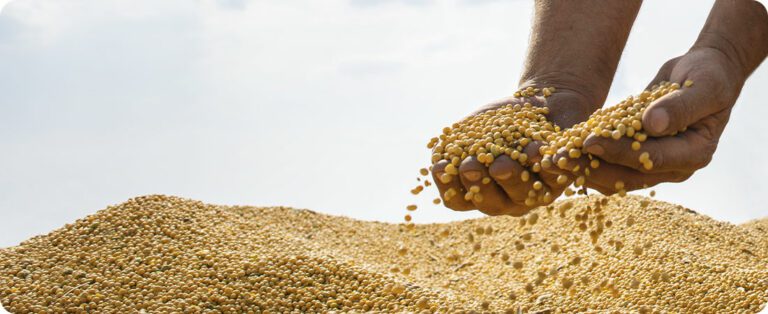Leaders of the National Forum of Agricultural Health Executors (Fonesa) and Agriculture secretaries from several states met, this Tuesday (13), in Brasília, with the interim minister Eumar Novacki (Agriculture, Livestock and Supply). They delivered a document asking for changes to the Brazilian agricultural inspection system. The suggestions come in line with the Plano Agro+ program, launched by the Ministry of Agriculture at the end of August, to reduce bureaucracy in the sector's rules and procedures.
Fonesa directors highlighted that the legislation that deals with the Brazilian inspection system dates back to the 1950s and is, therefore, anachronistic and ineffective. Among the points of change presented to Minister Eumar Novacki are the differentiation between supervision and inspection of agricultural establishments.
The Agriculture secretaries argue that there has been a huge growth in the agricultural sector and that the Brazilian state is unable to support it. The Secretary of Agriculture of Santa Catarina, Moacir Sopelsa, stated that, as the legislation stands, the state is hindering the growth of agribusiness by not being able to meet the sector's demand. This position was ratified by other secretaries present at the meeting.
According to the suggestion presented to the interim minister, veterinarians would be accredited to carry out the inspection, without any loss of health control. The Secretary of Agriculture of Paraná, Norberto Ortigara, highlighted that Brazil is one of the few countries with legislation that requires the presence of an official veterinarian hired by the state to carry out inspections in all slaughterhouses. “It only takes one employee to go on vacation for the system to not work,” he said.
According to him, the person most interested in having their products strictly meet the required technical standards is the company itself, because an oversight could mean closing the market. The accreditation of veterinarians to help with inspection would not take away the power of federal agricultural tax auditors, since, according to the proposal presented, a professional from the Ministry would coordinate the work.
Novacki asked Fonesa to designate an interlocutor with the Ministry to discuss the necessary changes and solutions. “We will study together what legislation we need to update, whether it is a decree, normative instruction, ordinance, so we can act quickly. This issue is among Minister Blairo Maggi’s priorities”, he assured. Still according to Novacki, Minister Blairo Maggi's determination is to seek alternatives that make the service more efficient without losing Brazilian health security, which is among the best in the world. Novacki recalled that the United States, which is very demanding, has just signed an agreement to purchase fresh beef from Brazil.
Source: Ministry of Agriculture, Livestock and Supply












